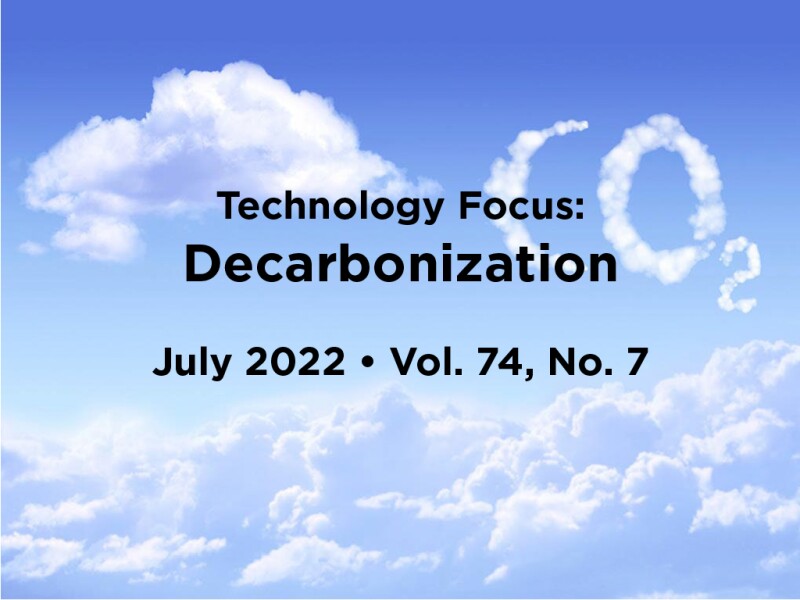Have you noticed that the pace, breadth, and depth of engagement in decarbonization within the oil and gas industry is going from strength to strength? In addition to corporate commitments and project announcements, this was evident in the content of OnePetro technical papers during the past year that demonstrate the industry is serious about implementation.
In the inaugural JPT Technology Focus article last year, we shared three selected papers on the role of natural gas in fuel-switching; carbon capture, use, and storage (CCUS); and hydrogen technologies that are part of the toolkit of solutions that avoid, reduce, replace, offset, or sequester greenhouse-gas (GHG) emissions.
This year is different. We focus on CCUS and, explicitly, three papers from the Asia Pacific region.
You may be wondering: why? The answer is that countries in Asia Pacific comprise the world’s most populous and fastest-growing economies, which already contribute to half of all GHG emissions and which are expected to account for almost two-thirds of global energy demand growth over the next 2 decades.
It is for these reasons that, for CCUS to be successful as a global climate-change mitigation technology (and we know that it is vital to meet global targets), it has to be deployed successfully at scale in the growing markets in Asia Pacific.
Please enjoy the following summary of three selected papers on the assessment of CCUS technologies in the Asia Pacific region that go a long way toward identifying and developing the region’s understanding of deployment and underpinning future investment.
This Month’s Technical Papers
Study Reviews Carbon-Capture Methods in Steelmaking Plants
Toolkit Approach Aids Design of CCS Projects in Depleted Offshore Fields
Study Describes Challenges, Opportunities of CO2 EOR in China

Nigel Jenvey, SPE, is managing partner for new frontiers at Baker Hughes. He has more than 25 years of global oil and gas industry experience with major oil and gas operating companies. Jenvey is an industry leader in carbon management and expert in carbon capture, use, and storage (CCUS), having previously been the chair of the CO2 Capture Project; chair of the North American CCS Association; program chair of the SPE CCUS Technical Section; and, most recently, alternate chair to the National Petroleum Council CCUS Study Coordinating Subcommittee. Before working for Baker Hughes, he led the global carbon management practice at Gaffney, Cline, and Associates by providing independent and confidential advice on carbon intensity, methane management, carbon markets, CCUS, and green finance. Jenvey holds a master’s degree in petroleum engineering from Imperial College London.

